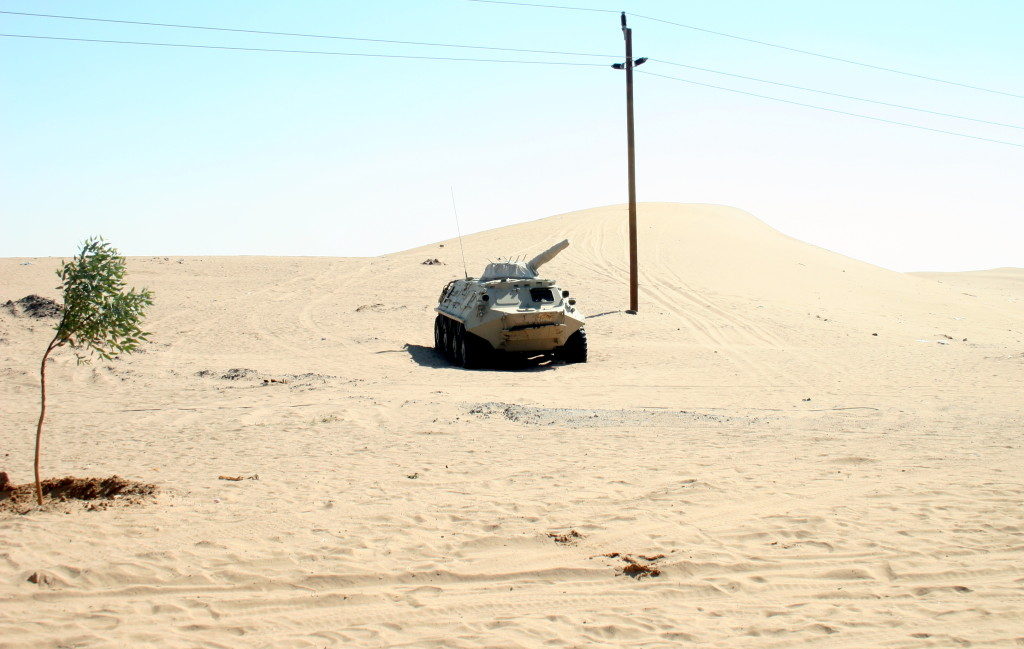As followers of Christ in one country on the Arabian Peninsula, we are now living in the midst of an armed conflict and a humanitarian crisis. Belligerents armed with tanks and other heavy weaponry are waging a devastating ground war in our urban areas. Airstrikes carried out by a coalition including other nations on the Peninsula are destroying buildings and infrastructure, including civilian homes. A land, sea, and air blockade keeps much needed food, medicine and fuel from reaching our country. We have felt the affects of this devastation first hand, and yet as a part of a Christ-centered faith community we are working to turn great challenges into greater opportunities to reach the society around us.

Displacement
In one city about 70% of the total urban population has been displaced. Roughly 70% of the faith community living in this city has also been displaced, seeking refuge from the urban war in villages, or abandoning homes in one area of the city to move to safer neighborhoods.
“The explosions from the airstrikes shattered our windows and the apartment started to fill with smoke. We ran outside and then the cement overhang collapsed right in front of our door. We moved to my sister’s apartment in another part of the city, but explosions shattered the glass there, too, so we moved in with some of my husband’s relatives in yet another area. The day the windows shattered at that house I fled out into the street. We had to get out of the city!”
— Selwa, a believer who has been displaced with her husband at least three times since the conflict began.
Displacement has been a psychological challenge for most of us, as we are often forced to live in close quarters with many relatives, or adapt to the harder life in villages. However, as the faith community scatters, we also have the opportunity to share the Gospel in new areas, particularly in rural areas that often have the least access to the Gospel.
Unemployment
In the same city, 95% of shops are closed, 20 factories have shutdown, and 18,000 employees have left their jobs. Fuel shortages have dramatically increased the prices of all goods and services and families are struggling to survive without income.
“When we were displaced from our home, my husband spent $50 on transportation in two days, just moving us from one house to another. Normally we wouldn’t spend that in a month, and now he’s been laid off. He has no salary. I don’t know how he would get to work anyway. There’s no transportation with the fuel shortages. And even if he had a salary there’s no flour to buy in the market.”
— Khadiga and her husband are newly wed believers. They have been displaced at least three times and she is now pregnant with their first child.
No Public Services
The city is no longer providing water or electricity to residents. 1,600,000 people in the province cannot get access to clean drinking water. Without electricity, citizens feel cut off from the world. It is difficult to keep cell phones charged and they can’t get the news on TV or on the Internet. Because of the fuel shortages, garbage trucks have stopped operating and garbage has piled up in the streets. Now that we have reached summer, these garbage piles have become breeding grounds for the mosquitos that carry dengue fever. Thousands of cases have been reported and with 95% of hospitals and medical centers closed, hundreds have died.
“There were six people living in our house. We didn’t have water to wash our clothes, to wash the dishes, or any to bathe with. Then we didn’t even have any drinking water or any water to flush the toilet. One day the neighbor gave us a jug of drinking water. We used most of it to flush the toilet and drank the rest.”
— Susan was living in an apartment with her grandmother and brother and sisters when water services from the city stopped.
“I was across town visiting a friend when the airstrikes started, but I had no way to call my family and tell them I was okay. There were three people in our home with cell phones, but all the phones were dead. We had no electricity and no way to charge our cell phones.”
— Khadiga and her husband are newly wed believers. They have been displaced at least three times and she is now pregnant with their first child.
Since public services stopped, aid from the international body of Christ has equipped our faith community with solar panels and rainwater catchment systems. Food aid has also been distributed. Not only are we now able to charge our cell phones and access the internet, we are also able to provide these services to our friends and neighbors, enabling us to meet major felt needs in our communities. As people wait for their phones to charge, we can have spiritual discussions with them and sometimes even share the Gospel.
Journey with us on the way:
Pray for Selwa, Khadiga and the rest of us who have scattered from the cities into the villages. Pray that God will use our displacement as a means to share the Gospel in these rural areas.
Pray that God will give us good strategies for how to educate our children if schools do not reopen after Ramadan.
Pray for the nations responsible for the airstrikes and the blockade to stop the aerial bombardment and allow food, medicine, and fuel into the country.
